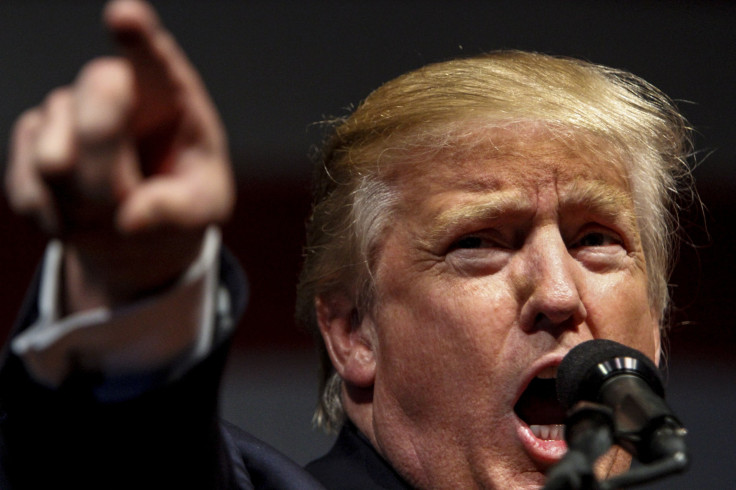Will Russia Declare War On Europe? Northern Europe, Baltics Concerned Over 'Unknowns' Of Trump Presidency

Northern Europe and Baltic Rim state governments are seeking "early" individual meetings with U.S. Vice President-elect Mike Pence to discuss the security policy measures that may be seen under Donald Trump’s presidency. Trump's victory has raised fears of America pulling out of the defense of the High North and Baltic Sea regions.
Nordic and Baltic governments are reportedly eager to begin dialogue with the incoming Trump team in the hopes to get clarification on both policy and campaign statements by the president-elect relating to a possible downsizing of the U.S. military role in the High North and the Baltic Sea, and the U.S. funding of NATO. Trump has been a vocal critic of NATO and has threatened to pull support from the military alliance the U.S. entered into in 1949.
Trump has previously described NATO’s present mission and structure as "obsolete."
During his campaign, the Republican candidate suggested that as president he wouldn't help Baltic states in NATO against Russian aggression if they didn't pay their fair share. He also said that the U.S. bears a tremendous cost by being a member of NATO and the country has to be prepared to let European allies "defend themselves."
"If we cannot be properly reimbursed for the tremendous cost of our military protecting other countries, and in many cases the countries I’m talking about are extremely rich," Trump said in an interview with the New York Times in July.
"Then if we cannot make a deal, which I believe we will be able to, and which I would prefer being able to, but if we cannot make a deal, I would like you to say, I would prefer being able to, some people, the one thing they took out of your last story, you know, some people, the fools and the haters, they said, 'Oh, Trump doesn’t want to protect you.' I would prefer that we be able to continue, but if we are not going to be reasonably reimbursed for the tremendous cost of protecting these massive nations with tremendous wealth," he added.
Reacting to the Trump presidency and the chances of U.S. ending alliance with Nordics and Baltics, Finland’s Prime Minister Juha Sipilä reportedly said that "the important thing is that security policy continues as normal," adding that the Finnish and Nordics hope the U.S. will continue to play a pivotal role in contributing to security and stability in the region, and the Baltic Sea in particular.
Sweden is also looking to seek clarification regarding campaign statements by the president-elect, who suggested that an attack by Russia on NATO-aligned Estonia, Latvia or Lithuania might not result in automatic military assistance.
Ebba Busch Thor, the leader of Sweden’s Christian Democrats party, reportedly said "a new Trump administration might not have a policy where the US would support the Baltic States, if for example there was an attack by Russia against Estonia."
However, Swedish Prime Minister Stefan Löfven reportedly said that his Cabinet had devised strategies to deal with the "two potential outcomes" of the U.S. elections.
© Copyright IBTimes 2025. All rights reserved.





















